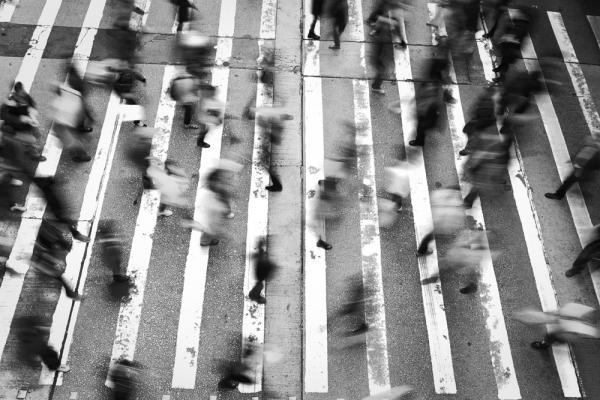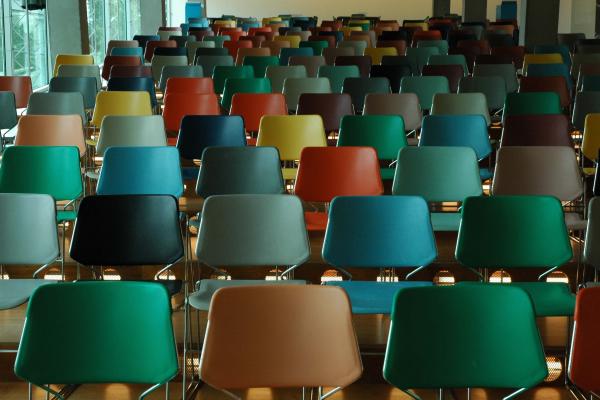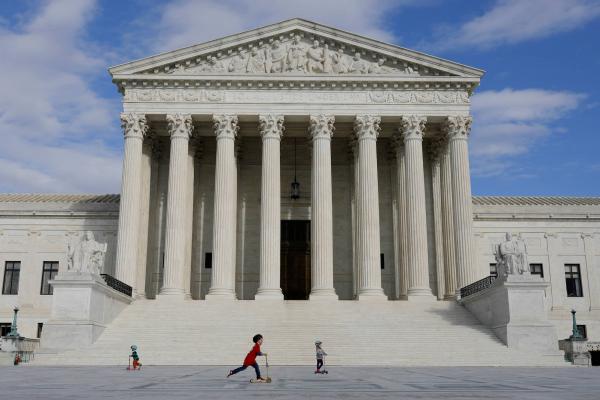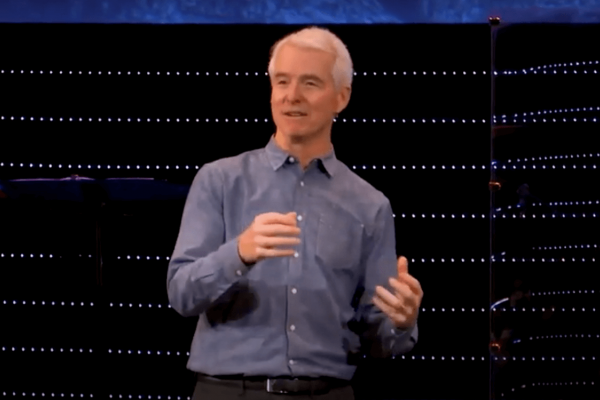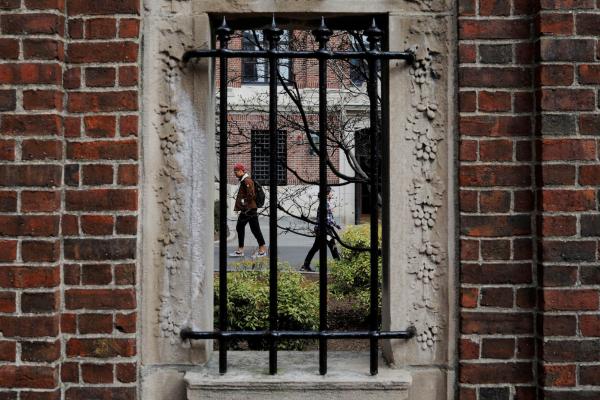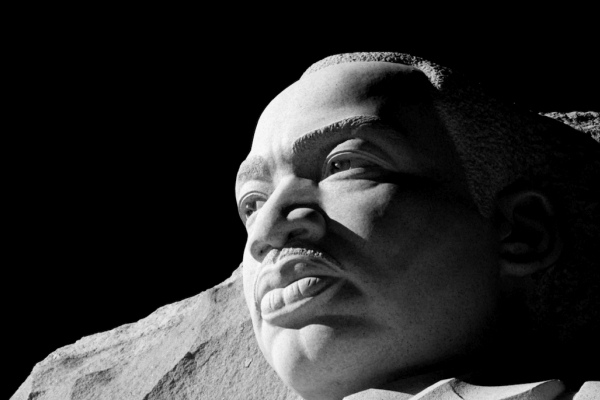Parenting in a pandemic, Islam's anti-racist message, the price of white evangeical patriarchy, and more.
For decades, white political leaders in the U.S. have masked their racism, subtly stoking white voters’ racial fears. But now, the mask is off.
Living an embodied faith asserts meaning upon our bodies both as individuals, and in relationship to one another. This means that the places our non-white bodies inhabit tell a story in itself, just as God enfleshed “entered our lives, calling us from the tomb in which society has sought to confine us.” The shared space of believers living out the Christian faith in diverse, multi-ethnic communities is a witness to our world of the power of Jesus Christ.
Parents and students across the country are challenging public and private schools to do something and not just say something.
Menlo Church pastor John Ortberg Jr. knew his son was attracted to children and failed to restrict his access.
The guidance does not affect international students taking in-person classes. It also does not affect F-1 students taking a partial online course-load as long as some of their classes are conducted in-person. M-1 vocational program students and F-1 English language training program students will not be allowed to take any classes online.
The government of Israel could soon begin formally annexing a significant portion of the West Bank. As the leader of an ecumenical and nonpartisan organization focused on advocating for a just and lasting end to the conflict in Israel-Palestine, I am deeply worried annexation will entrench inequalities and abuses of Palestinian human rights.
Although more politically conservative and evangelical voices are joining in the #BLM chants of “No Justice, No Peace,” there are undoubtedly shaky voices and (perhaps hostile) minds who hold that while black lives do matter “in theory,” radical institutional change is far too dangerous and subversive, if not completely un-American.
Dominican nuns fighting climate change, Frederick Douglass on monuments, voting rights, and more.

